The modern world operates on electricity; it is a vital utility that has become seamlessly integrated into our lives. It lights up our homes and businesses, fuels our phones and computers, and grants us access to countless other amenities. Although electrical systems rely heavily on safe and effective usage, in order to do so, electricians must have essential tools in their toolkits. This piece will go over the fundamentals any certified electrician needs to keep on hand.
In a toolbox of an electrician, a pair of insulated pliers should always take the front seat. These special pliers feature handles and jaws deliberately shielded in insulation, keeping the electrician safe from any painful shocks. During their work process, electricians rely on these pliers for an array of tasks such as wire cutting, stripping, and crimping, as well as to hold wires in place while soldering.
A key component of an electrician’s toolkit is a wire stripper. These devices are essential when it comes to prepping an electrical wire for connection to other components. It goes without saying that finding the right one for the job is of utmost importance, as there are many sizes and types available. Stripping away the insulation allows for smooth wire connection.
Electrical professionals can’t do their job without a reliable voltage tester in their toolbox. These instruments are essential to verifying the voltage level of a circuit as well as tending to wiring and preventing overloads. When it comes to voltage testers, you’ll find a large array of sizes and types, so it’s important to consider the intended use before purchasing.
For an electrician, having a comprehensive set of screwdrivers is essential. From tightening and loosening screws on electrical components to ensuring that the suitable one is used for the job at hand, these tools have many applications. Different types of screws require different screwdrivers; for this reason, becoming acquainted with the various options is important.
Electricians require a multipurpose tool in their toolbox: the multimeter. These devices measure voltage, current, resistance, and can even determine the continuity of a circuit. Careful consideration should be taken when choosing the appropriate multimeter – they come in all shapes and sizes.
No electrical job is complete without a pair of safety goggles. These essential pieces of protective eyewear safeguard against an electrician’s hazards; think dust, sparks, and pulverised fragments. High voltage circuits also generate UV radiation, which safety glasses can help shield against.
Every electrician should always have these electrical tools ready at their disposal; when they are, they’ll be fully equipped to handle any task that comes their way. Ensuring the tools are in proper condition and compatible with the job requirements is a must; having them on-hand will make every job easier and more efficient.
Make sure to include the necessary electrical tools in your set of hardware; they will be able to ease and legitimize any electrical duty you are tasked with. Do not forget to don protective gear when handling electrical equipment.
Electrical projects rely on some of the most necessary components: basic electrical tools. These items form the basis of any successful installing, mending, or keeping up process. With these tools, electricians can measure, cut, attach, and patch electrical path and its components. Some of the standard pieces of this set include screwdrivers, shears for wiring, wire strippers, voltage tests, pincers, and soldering irons.
Varied Instrumentation for Electric Fixturing
Without a doubt, having the right type of screwdriver is an absolute must when performing any electrical work. From the small components, to the screws and bolts – they come in a variety of sizes, promising to ensure correct usage every time. It’s no surprise then that these trusty tools are considered one of the most vital elements of any electrical toolkit.
Wire Cutters: Utilized for sawing through a tape of electrical wires, including copper, aluminum, and other varieties, wire cutters stand out as a must-have tool for many electricians. These tools are expertly crafted to slice through any electrical wire with precision.
For anyone working with electrical wires, a wire stripper is an invaluable tool. These handy devices come in a range of sizes and shapes and are designed to precisely remove the insulation from wires of many different gauges.
Voltage testers serve as a vital component in the world of electronics; they are employed to measure voltage levels in electrical circuits and confirm that they adhere to the established criteria for safety. By utilizing these tools, any sudden rises or falls in voltage can be quickly detected and addressed.
Pliers can perform a multitude of useful tasks for wires and electrical components. From gripping and twisting them to cutting, stripping insulation, and making sure the connections are properly tightened – there is a range of sizes and styles available to suit your needs. Utilizing pliers for your wiring tasks is the efficient way to go.
Holding items together has never been easier than with the help of Soldering Irons. Crafted in a myriad of sizes and shapes, these handy tools are capable of binding two metal pieces in harmony. Whether it’s soldering wires or components, you can always rely on Soldering Irons to serve as your faithful sidekick.
The Necessity of Electric Tools for Essential Tasks
Electrical projects require basic tools to guarantee a successful outcome. Keeping these items nearby ensures safety, productivity, and dependability when completing a job. With the correct utilization of the appropriate tools, any electrical endeavor can be carried out with peace of mind!
Electrical tools, when used carelessly or in a manner they are not suited for, can easily result in severe hazards and ineffective fixings – potentially proving to be both dangerous and costly. To prevent this from happening, the number one rule is safety. Inspect the items to guarantee they can stand against the voltage level of the project. As well, protective wear such as gloves, goggles, and long-sleeved clothes should be worn at all times while handling electrical components and wires.
All electrical jobs require a special set of tools to ensure safety, efficiency and quality results. Examples include wire cutters, screwdrivers, voltage testers, pliers, wire strippers and soldering irons. Having the right tools for the job is essential in constructing, maintaining or repairing any part of an electrical system. However, when dealing with any electrical tool, safety is the top priority – proper wear of protective gear and knowledge of the circuits’ voltage levels are essential for any successful operation.
Related Product
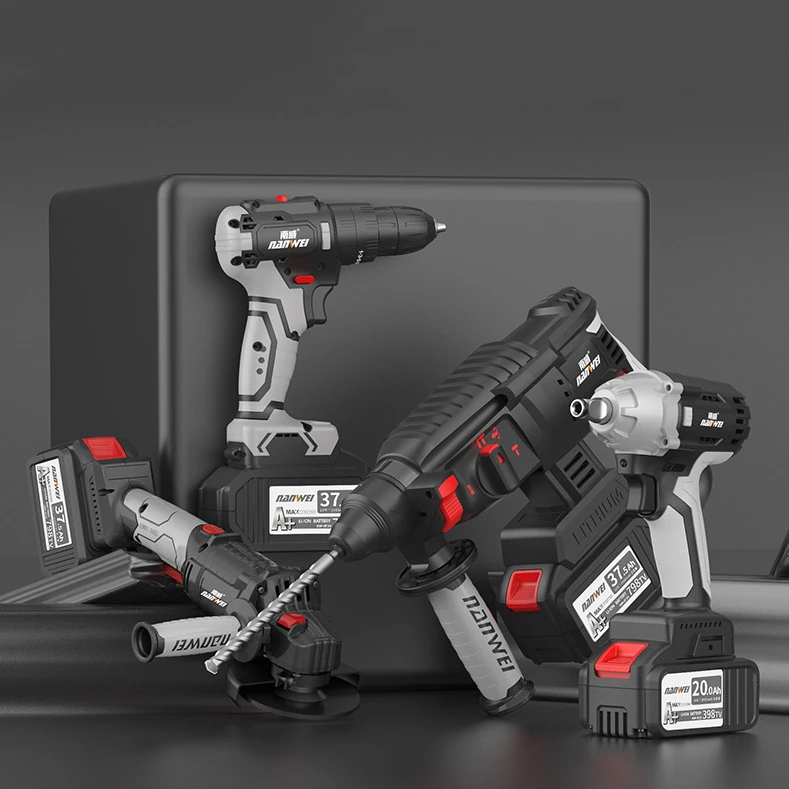
High Speed 12V Power Tools With Lithium Battery
Product Description Power Source Electric Biggest drill hole 16mm Customized support OEM Application Industry Dimensions 32mm Hammering frequency 6200 Frequency 6200 MOQ 1PCS Max. […]

High Quality Multifunction Battery Powered Drill For Sale
Warranty 1 years Voltage 21V Place of Origin China Brand Name MSK Model Number MSK-PT Power Source LI-ION BATTERY No-Load Speed 1350prm Drilling Diameter 10mm Features 1. Strong to […]
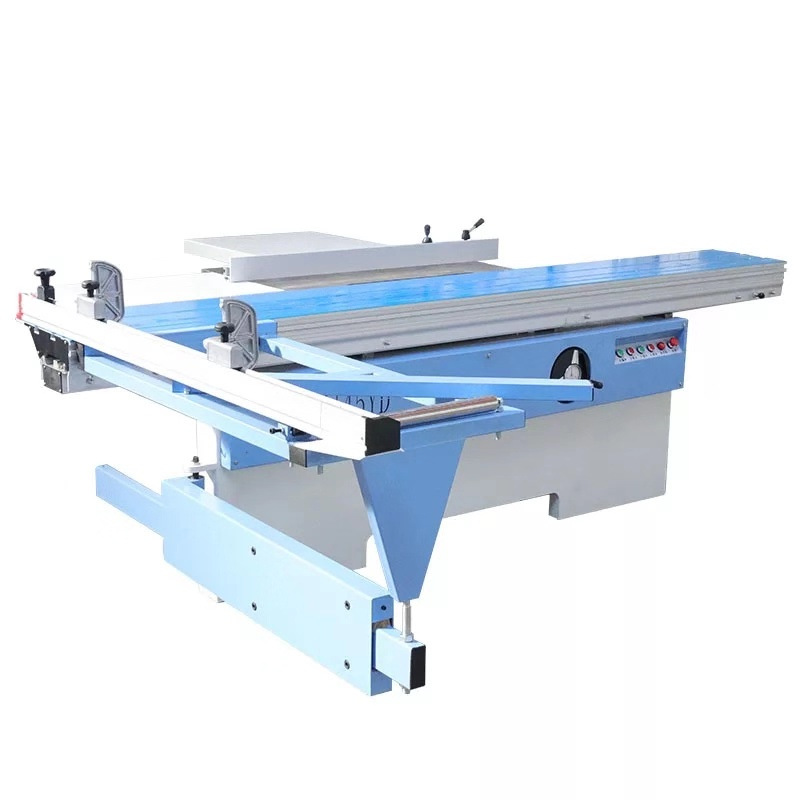
Miter Saw Trim Panel Machine
Product Information Brand MSK Maximum Processing Thickness 80 (mm) Type Panel Saw Maximum Processing Width 1250 (mm) Forms Of Work Fully Automatic Total Weight 600 (kg) Rate […]
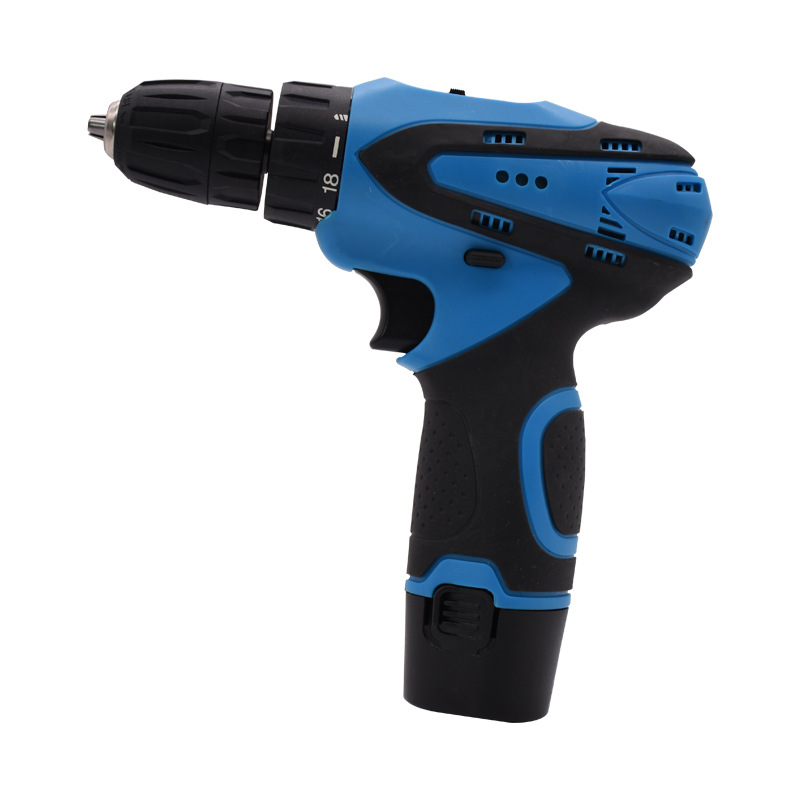
Power Tools Lithium Battery Power Drill Impact Drill
Product Information Brand MSK Power Type Rechargeable – Lithium Battery Technology Drill Holding Method Drill Chuck Forward And Reverse Direction About Scope Of Applic […]
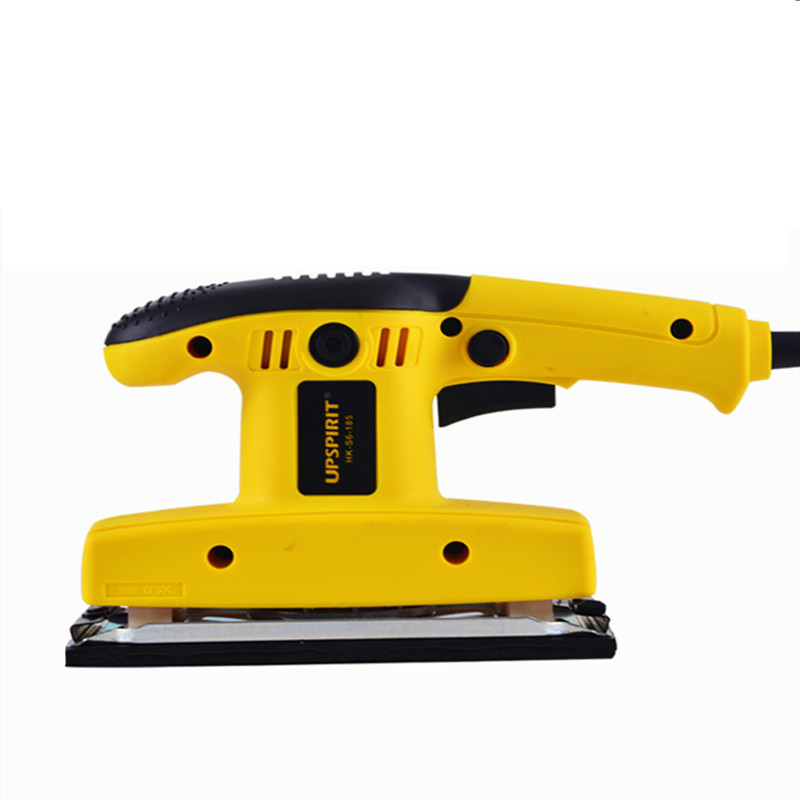
Belt Machine Floor Sander
Product Information Brand MSK Sandpaper Size 110*100 Scope Of Application Woodworking, Sheet Metal Putty, Facade, Metal Derusting And Polishing Appendix Export Standard, Eur […]
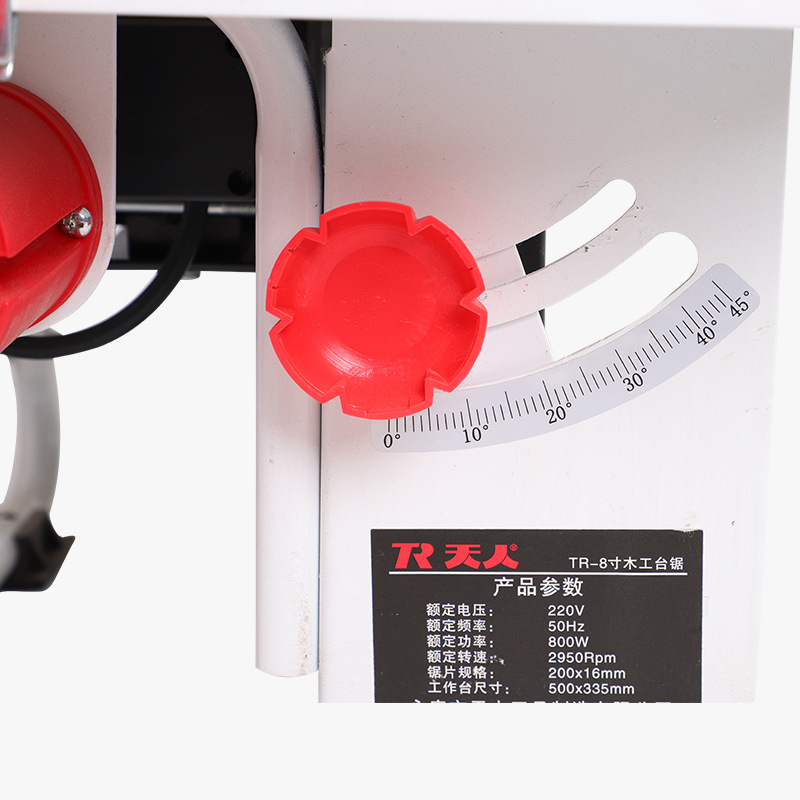
Woodworking Tools Woodworking Table Saw
Product Information Origin MSK Rated Voltage 220V Type Table Saw Scope Of Application Home Renovation Cutting Depth 45-27 (mm) Power Type AC Power Rated Input Power 800 (W) […]
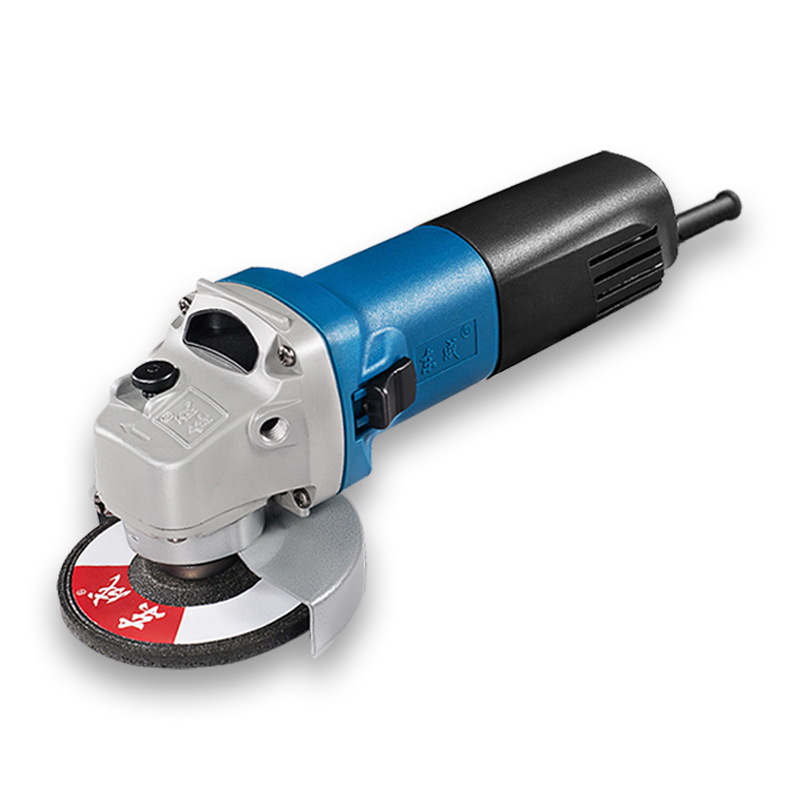
Home Cutting Machine Hand Grinder Power Tools Grinder
Product Information Brand MSK Model Electric Angle Grinder Scope Of Application Cutting, Grinding Appendix Wrench, Carbon Brush Rated Voltage Range AC Single-Phase And DC 50 […]
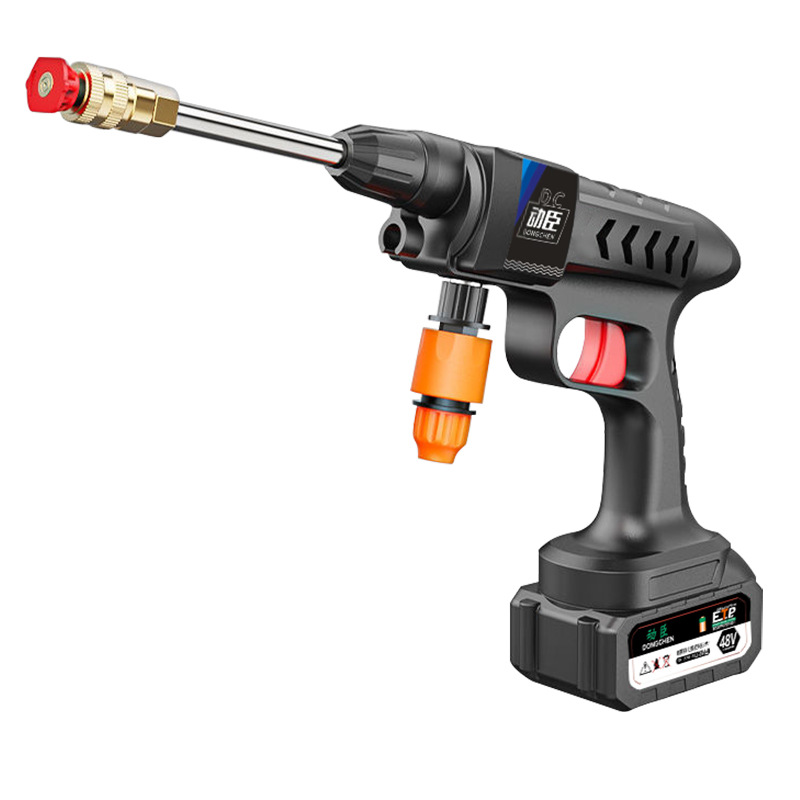
Factory Wholesale High Pressure Water Gun Wireless Lithium Battery Car Wash Gun Charging Portable Car Wash Machine Brush Car Wash Machine
Product Information Brand MSK Work Pressure 30bar Material ABS Flow 3L/min Outlet Pipe Length 5 Meters Weight 2.5kg Power Cord Length Charger 1 Meter Power 180W/360W Power S […]
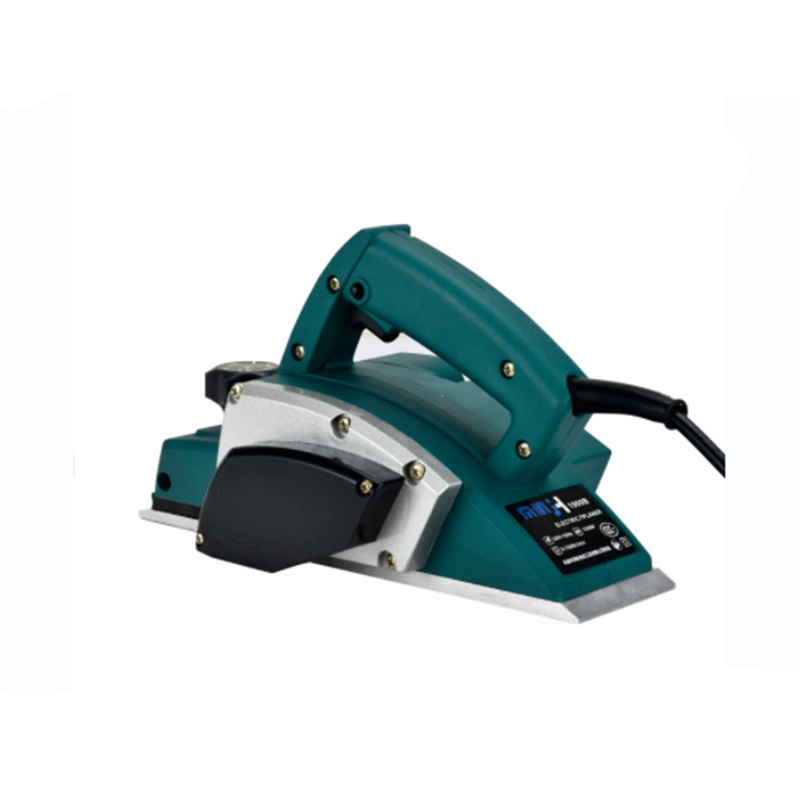
Wookworking Tool Electric Hand Planer
Product Information Brand MSK Power Type AC Power Power Cord Length 1.8 Rated Voltage Range AC Single-Phase And DC 50V Above 250V And Below Scope Of Application Carpentry Vo […]
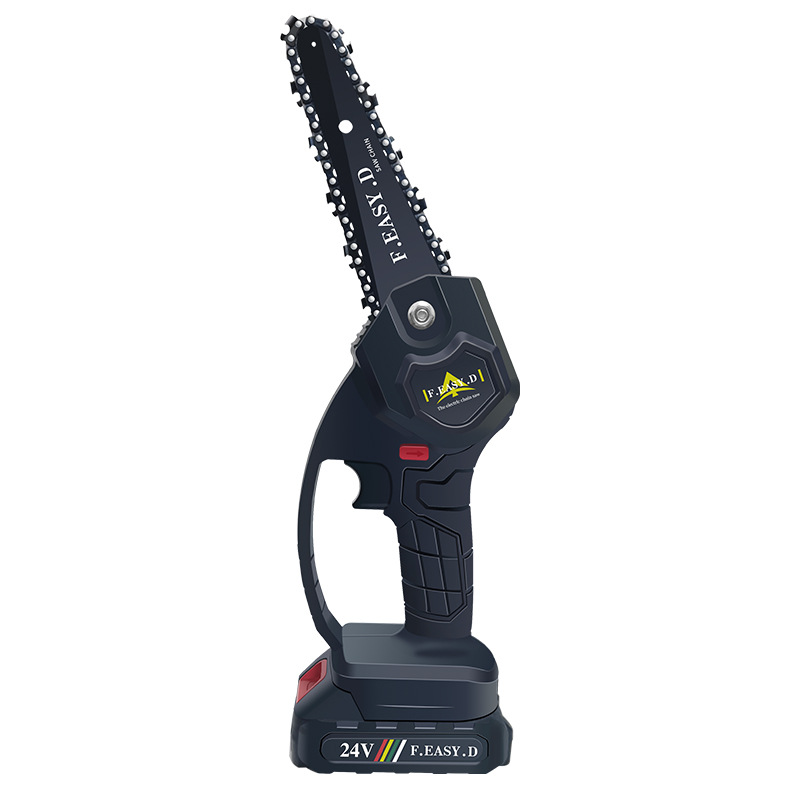
Battery-powered Cordless Chainsaws
Product Information Brand MSK Voltage Twenty Four Battery Power 2000 Standard Accessories Guide Chain Scope Of Application Pruning, Logging, Cutting Power Type Rechargeable […]
Post time: 2023-07-05
